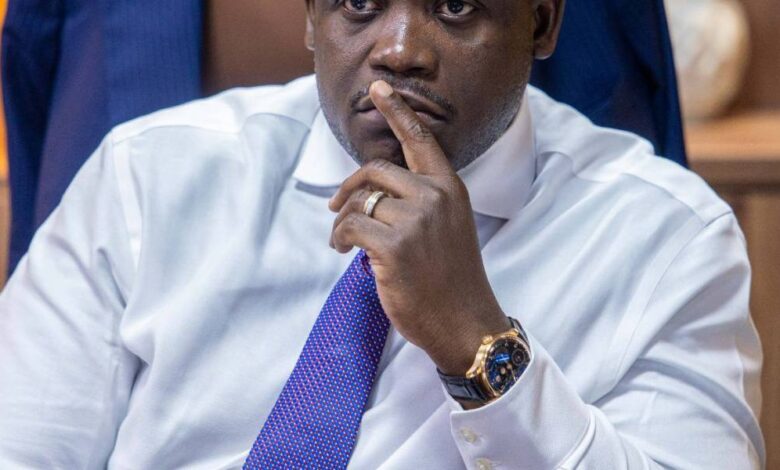IS THE LAW WITH SAM GEORGE, TOO?

There is no doubt that many Ghanaians stand with the Communications Minister, Sam George, in this unending tussle with Multichoice Limited, operators of DSTV. But I’m wondering whether the law, too, is on the side of the minister.
Long before this tussle, I’d heard Ghanaians complain and compare the prices of DSTV subscriptions. Some Ghanaians, thanks to a loophole in DSTV’s system—and perhaps the NCA regulations—subscribe and pay for DSTV from Nigeria, which is cheaper than DSTV’s subscription prices in Ghana.
It is for this reason that Ghanaian subscribers overwhelmingly support the call for price reduction. In this piece, however, I intend to seek an understanding of an essential part of the argument, now that there is an impending shutdown of MultiChoice’s operations as a result of the company’s reluctance to reduce prices as ordered by the sector minister.
What do the laws of Ghana say about price regulation? And on what commodities do those laws apply? Essential or non-essential.
I was a DSTV subscriber. When their prices increased at one point, I downgraded from compact plus to compact. And when they increased their prices again, I unsubscribed from their service.
I can live without their services. If Liverpool or Real Madrid have a crucial match, I will follow live updates on the BBC or on Google. Later, the match highlights will be free on YouTube. If Black Stars are playing and the good God permits, GTV will “remove the match” as we used to say.
Unlike electricity, water, or food, I can live without DSTV. And many subscribers, I suppose, can live without it. So, it is safe to say it’s not an essential commodity or service, even if “investors” disagree.
My interest is in the law, and this is where I need education. My two-by-four senior high school economics reminds me that the interplay of the market forces—demand and supply—determines the prices of non-essential goods and services in free market economies.
So, what law is being applied to the proposed shutdown of DSTV after its reluctance to reduce prices? And how far is this law going to be applied? Like your favourite kenkey boutique, this is a private business that does not take money from the government to provide the services. It’s not a subvented state organization whose fees and prices are supposed to be determined by parliament.
So, is the price regulation only applicable to this company and its services, or does it extend to the kenkey seller who still sells a ball of kenkey at the same prices even though the price of the main raw material, maize, has reduced by almost half?
So far, I have heard the price comparative argument, but I’m yet to hear the legal argument.
I need some education.





